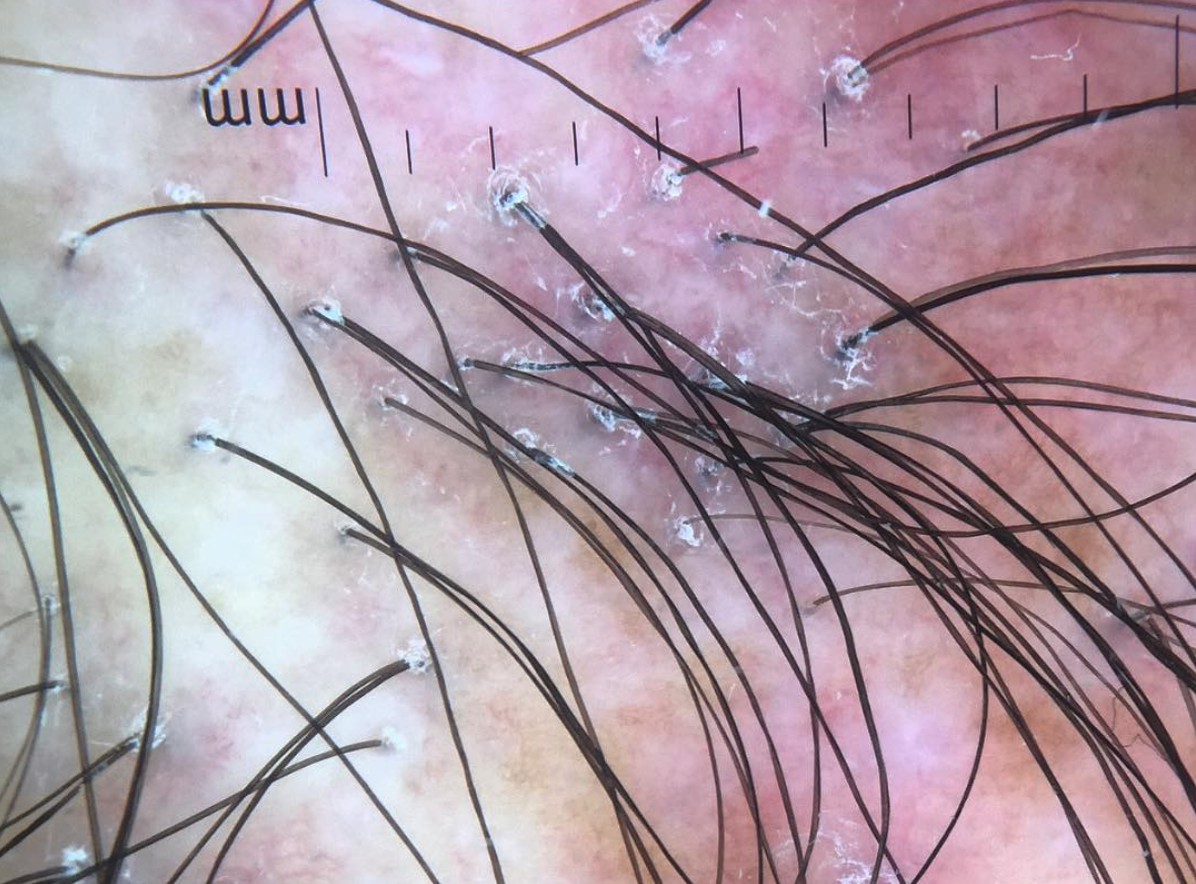Lichen planopilaris: Is cyclosporine among the most effective?
Cyclosporine for Treating Lichen Planopilaris
Lichen planopilaris is one of the subtypes of scarring alopecia. A variety of treatments are available including topical steroids, steroid injections, topical calcineurin inhibitors and low level laser. These four treatments are fairly safe and may help some patients with mild LPP. They do not help all. Numerous oral anti inflammatory pills are available to help patients with more resistant disease or those with more active LPP. Such drugs include hydroxychloroquine, doxycycline, mycophenolate mofetil, methotrexate, cyclosporine, prednisone, isotretinoin, and tofacitinib. These eight drugs all have evidence in their ability to reduce inflammation and slow of halt disease. Their remains debate as to which agents are truly most effective.
A recent study from Tehran which compared the effectiveness of three oral agents: cyclosporine, methotrexate and mycophenolate mofetil. Cyclosporine proved to be the most effective and most rapid in its response followed by methotrexate. Mycophenolate mofetil was third place but was the safest of all the three options.
Cyclosporine has long been known to help LPP. Mirmirani and colleagues showed back in 2003 that cyclosporine had benefits in LPP. In some countries, particularly some European counties, cyclosporine is frequently used in treating LPP. Dermatologists here in North America certainly use cyclosporine but use it less frequently than other drugs like doxycycline and hydroxychloroquine (Plaquenil). The potential side effects of cyclosporine, of course, are the main reason for more limited use.
See Patient Handout - Cyclosporine
Side effects of cyclosporine include high blood pressure, headaches, stomach upset (nausea, vomiting, diarrhea), kidney disease, changes in blood counts, cholesterol problems, tremor, increased facial/body hair, acne, low magnesium levels, and thickening of the gums (gingival hyperplasia).
Reference
Babahosseini H, et al. Lichen planopilaris: Retrospective study on the characteristics and treatment of 291 patients. J Dermatolog Treat. 2018.
Mirmirani P, et al. Short course of oral cyclosporine in lichen planopilaris. J Am Acad Dermatol. 2003
This article was written by Dr. Jeff Donovan, a Canadian and US board certified dermatologist specializing exclusively in hair loss.

